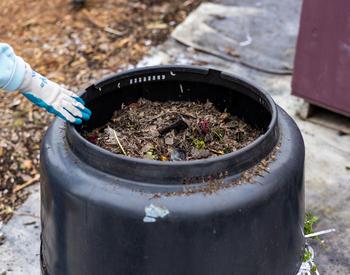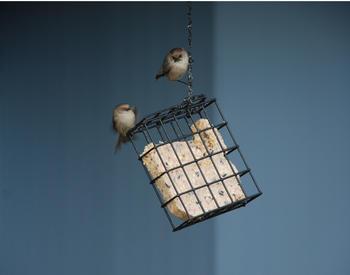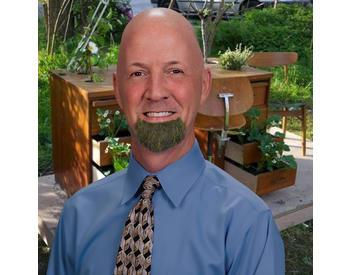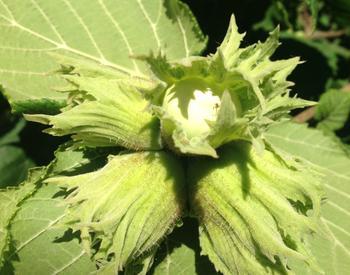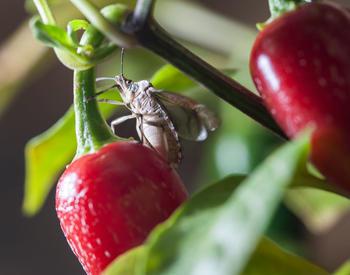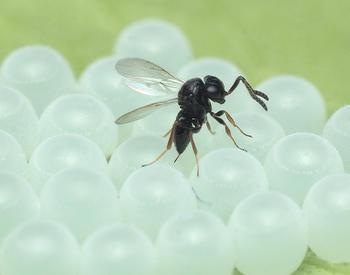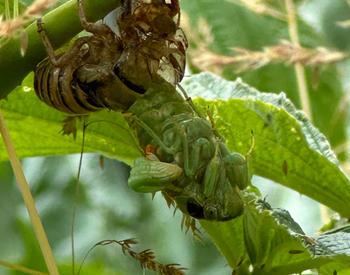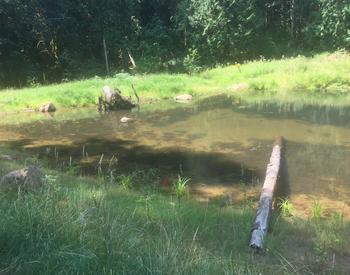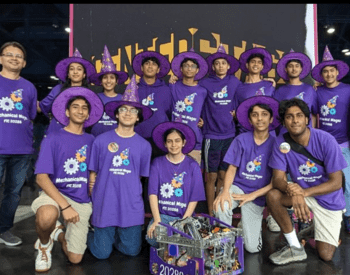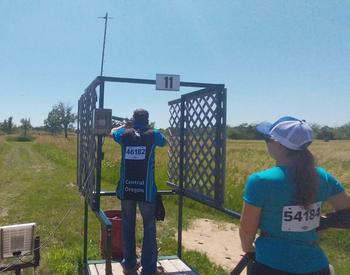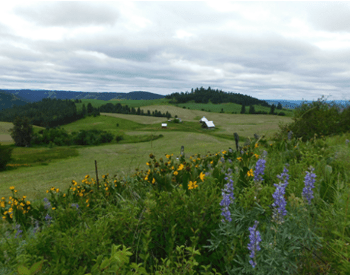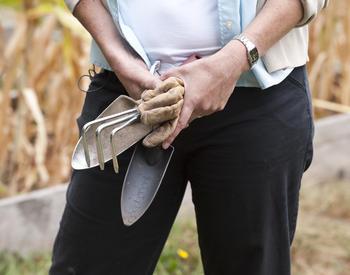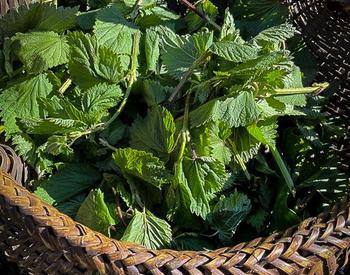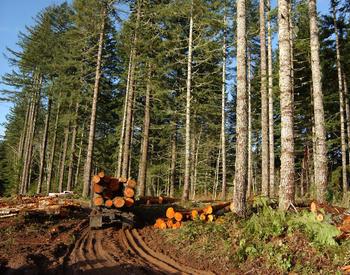Transcript
Welcome to living on the land, an award-winning source of useful information for Eastern Oregon Country living, brought to you by your Oregon State University Extension Service. Many people are seeking alternative, more environmentally friendly methods to protect their gardens and crops from the ravages of mice, bowls, Gophers and other rodents. One excellent option is to attract their natural predators, Raptors. Raptors are a group of predatory birds, including owls, Hawks, Eagles and Falcons. To attract Raptors, you need to provide them with an attractive habitat. But the key factor is providing suitable nesting sites. If your land lacks nesting sites, you can build them. This isn't something new. For centuries, humans have successfully attracted Raptors to help control pests by providing perches and nest boxes in areas with adequate food, cover and water. In your plan to attract Raptors, include a good monitoring and maintenance system to take care of problems before they become serious. For example, unwelcome starlings could take up residence in nest boxes intended for Raptors. If you want to attract wild Raptors but also use rodenticides, there are some very serious concerns you need to be aware of. Some poisoned baits contain anticoagulants which cause rodents to die of internal bleeding in three to 10 days. During this time, the poisoned rodent may be eaten by a Raptor. Depending on how many poison rodents are wrapped or eats, it too could become ill and die. If you want to attract and rely on Raptors for rodent control, it's safest to forego the use of poison baits. If you decide to use poisonous Bates, then take all the necessary precautions. Be sure that children, domestic animals and non target wildlife can't eat or come in contact with the poisonous bait or poisoned rodents. Other concerns about health and safety can come from the birds of prey themselves. It's best to clean out nest boxes at least once a year. But be sure to take. Precautions to avoid exposure to germs. Barn owls regurgitate owl pellets that contain the undigested hair and bones of their prey, along with pellets. Nest boxes may hold uneaten rodents. This debris in an owl nest box can contain diseases harmful to humans. So wear rubber. Gloves and a dust mask when cleaning out a nest box. If you find a sick or injured Raptor, don't approach it. Instead, contact your local state wildlife agency or US Fish and Wildlife Service office. Remember owls, Hawks and Eagles are federally protected species. Only licensed individuals can handle or keep them. Most states have Good Samaritan laws that lets you transport injured wildlife to a licensed rehabilitation facility. It's common in spring to see fledgling Raptors on the ground or on low branches. Because they're still learning how to fly, the parents are still feeding them outside of the. Nest so they aren't abandoned and usually aren't in any physical distress. So it's best just to leave them alone and let the parents keep feeding them. It's an important part of their early learning and development of hunting skills that could eventually have them helping you get rid of pesky rodents. This has been another story from living on the land. For more information on attracting birds of prey for rodent control, contact your local OSU extension agent, Natural Resources Conservation service or soil and Water Conservation district. Technical and financial assistance is available for land owners wishing to address resource concerns on their property.
This podcast is part of the Living on the Land series. It provides concise information on the value to farmers and ranchers of barn owls and American kestrels for rodent control, and ways to help build up local populations of these birds.
This is from the Living on the Land series. Download the related PDF - Living on the Land: Attracting Birds of Prey for Rodent Control
The phrase “Living on The Land” is used with permission from Living on The Land Stewardship for Small Acreage, © 2008, UNCE/WSARE.
